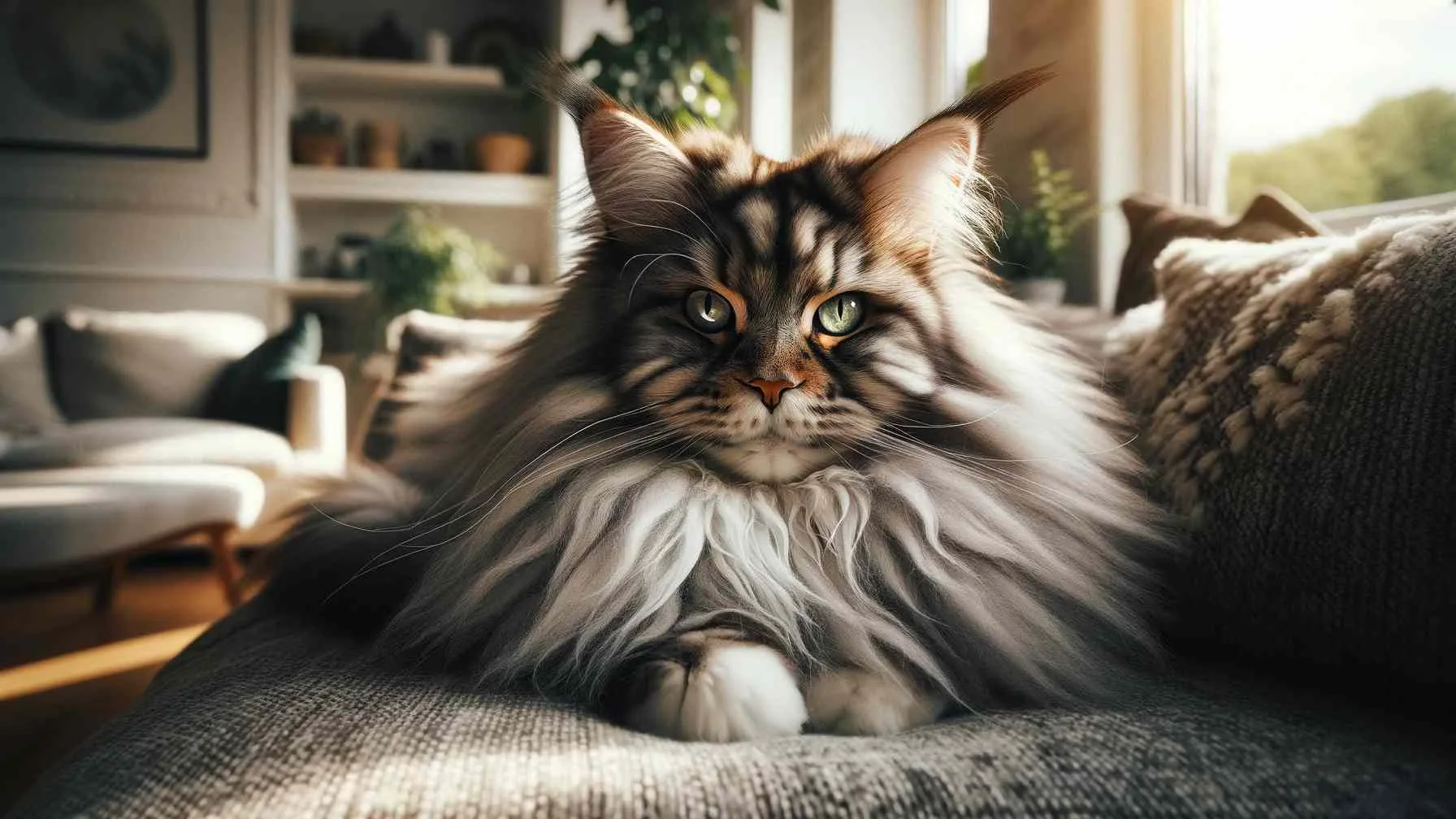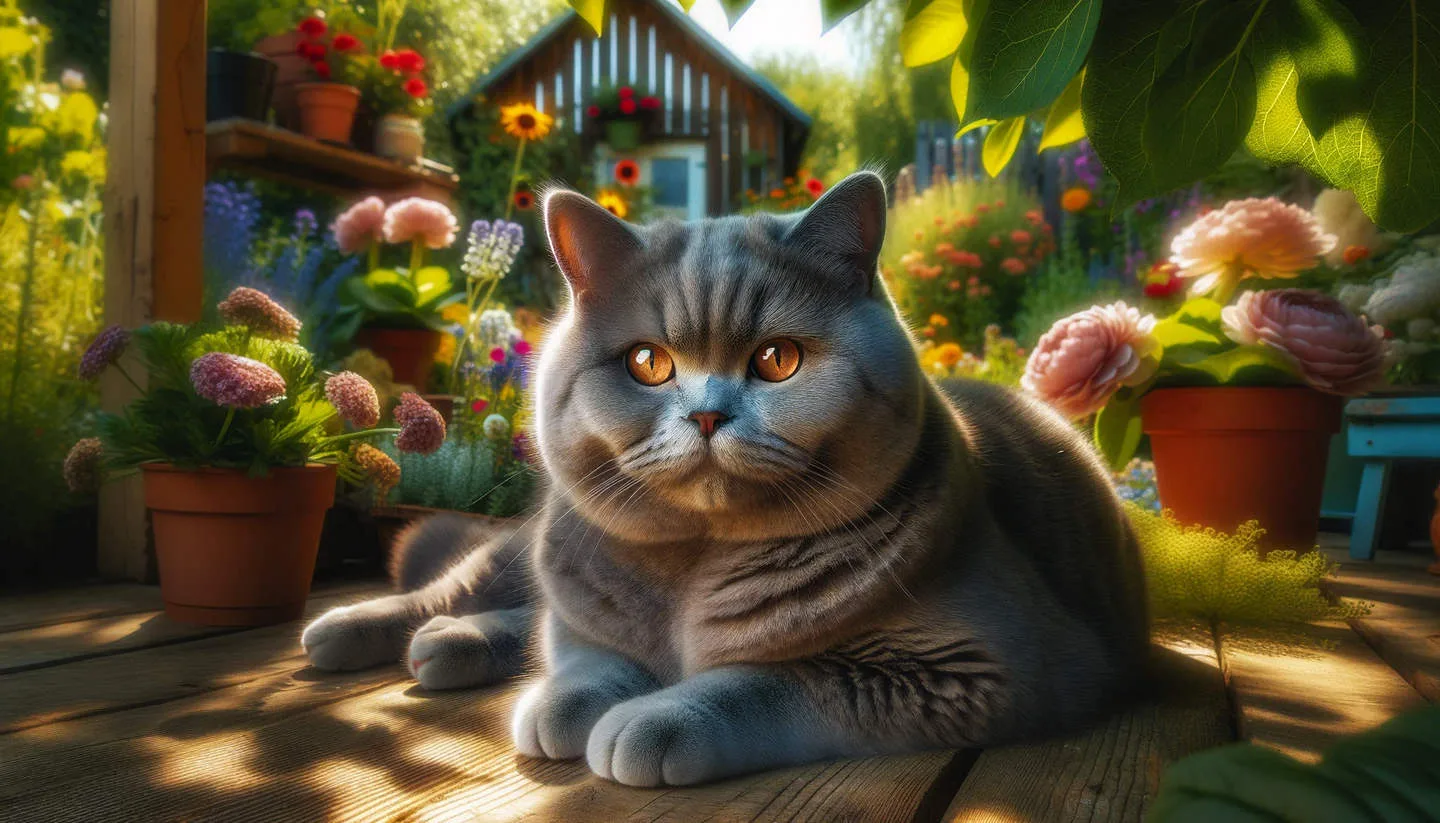Perplexed by the peculiarities of paw-related injuries in Maine Coons? In my years of experience as a veterinarian, I have witnessed many cases of claw injuries in this majestic breed. Maine Coons are known for their large and powerful claws, which can easily lead to serious injuries if not properly taken care of. In this guide, I will discuss the most common causes of claw injuries in Maine Coons and provide valuable tips on how to prevent them.
Key Takeaways:
- Genetics: Maine Coons are prone to developing claw injuries due to their genetic predisposition for polydactylism, meaning they have extra toes and claws that can be more prone to injury.
- Environmental Factors: Engaging in activities that require the use of claws, such as climbing and hunting, can put Maine Coons at risk for claw injuries. Additionally, rough or abrasive surfaces can also contribute to claw damage.
- Poor Claw Maintenance: Neglecting regular claw trimming can lead to overgrown, split, or ingrown claws, increasing the likelihood of injury for Maine Coons.
Types of Common Claw Injuries in Maine Coons
Clearly, claw injuries in Maine Coons can range from minor to severe. Here are the most common types of claw injuries that Maine Coon owners need to be aware of:
| Type of Injury | Description |
|---|---|
| Split Nails | Occurs when the nail splits or cracks, often causing pain and discomfort |
| Ingrown Claws | The claw grows into the paw pad, leading to pain, inflammation, and infection |
| Nail Bed Infections | Bacterial or fungal infections that develop in the nail bed, causing pain and swelling |
Split Nails
Split nails are a common claw injury in Maine Coons. They can occur when the nail becomes too long and starts to split or crack. This can be painful for your cat and may lead to infection if not addressed promptly. It is important to regularly trim your cat’s nails to prevent split nails. If you notice a split nail, it’s best to seek veterinary care to properly treat the injury.
Ingrown Claws
Ingrown claws happen when the claw grows into the paw pad, causing pain, inflammation, and potential infection. This can occur if your cat’s nails are not regularly trimmed or if they have a particular nail shape that predisposes them to this condition. If you notice your cat limping or favoring a particular paw, it’s essential to check for ingrown claws and seek veterinary care to prevent further complications.
Nail Bed Infections
Nail bed infections can occur due to bacterial or fungal contamination that develops when the nail is damaged or overgrown. This can lead to pain, swelling, and discomfort for your Maine Coon. It’s crucial to monitor your cat’s nail health and seek prompt veterinary care if you suspect a nail bed infection. Treatment may include antibiotics or antifungal medication, depending on the cause of the infection.
Factors Contributing to Claw Injuries in Maine Coons
Now, when it comes to understanding the common causes of claw injuries in Maine Coons, there are several factors to consider. These factors can contribute to the likelihood of your beloved pet experiencing a claw injury. By being aware of these factors, you can take steps to minimize the risks and keep your Maine Coon healthy and happy.
- Environmental factors
- Biological factors
The environment your Maine Coon lives in can play a significant role in their risk of claw injuries. For example, sharp objects or rough surfaces in your home can cause damage to your cat’s claws. It’s essential to create a safe environment for your pet to prevent such injuries. After all, prevention is always better than treatment.
Any underlying biological factors, such as genetics or health conditions, can also contribute to claw injuries in Maine Coons. It’s crucial to be aware of these factors and work closely with your veterinarian to address any potential issues that may increase the risk of claw injuries. After all, early detection and intervention can make a significant difference in your cat’s well-being.
Tips and Step-By-Step Guide to Prevent Claw Injuries
Lastly, I’d like to share some tips and a step-by-step guide to help you prevent claw injuries in your Maine Coon. By following these tips, you can keep your beloved feline friend safe and healthy.
- Regular nail trimming: Trim your Maine Coon’s nails every 2-4 weeks to prevent them from becoming too long and causing injury.
- Provide scratching posts: Offer multiple scratching posts throughout your home to encourage your cat to use them instead of scratching furniture.
- Monitor playtime: Keep an eye on your cat’s playtime to ensure they are not engaging in high-risk activities that could lead to claw injuries.
After implementing these tips, you can significantly reduce the risk of claw injuries in your Maine Coon and provide a safe environment for them to thrive in.
Tips for Claw Care
Proper claw care is essential for preventing injuries in Maine Coons. By following these tips, you can help keep your cat’s claws healthy and reduce the risk of injury:
- Regularly inspect your cat’s claws for any signs of damage or overgrowth.
- Provide appropriate scratching surfaces to encourage natural wear and maintenance of claws.
- Consult with your veterinarian if you notice any abnormalities in your cat’s claws.
After implementing these claw care tips, you can help maintain the health and well-being of your Maine Coon’s claws, reducing the risk of injury.
Step-By-Step Guide to Proper Nail Trimming
Nail trimming is an essential part of claw care for Maine Coons. Follow this step-by-step guide to ensure a safe and effective nail trimming process:
| Step 1: | Prepare your cat by gently petting and calming them before beginning the nail trimming process. |
| Step 2: | Hold your cat’s paw and gently press on the pad to extend the claw. |
| Step 3: | Use a sharp, high-quality nail trimmer to carefully snip off the tip of the claw, avoiding the quick. |
| Step 4: | Repeat the process for all claws, being mindful of the quick and keeping the nail trimmer parallel to the claw. |
Following this step-by-step guide will help you maintain your Maine Coon’s claws at an appropriate length, reducing the risk of injury and keeping them healthy.
Pros and Cons of Different Treatment Methods
After researching and speaking with numerous veterinarians, I have come to understand that there are several different treatment methods for claw injuries in Maine Coons. Each method comes with its own set of pros and cons, and it’s important to weigh these carefully before deciding on a course of action. Below, I’ll break down the advantages and disadvantages of medical treatments and natural remedies for claw injuries in Maine Coons.
Pros and Cons of Medical Treatments
When it comes to medical treatments for claw injuries, the primary advantage is the potential for quick and effective healing. Your veterinarian may recommend antibiotics, anti-inflammatory medications, or even surgical intervention to address the injury. However, these treatments can be costly and may come with potential side effects. Additionally, some cats may require sedation or anesthesia for certain medical procedures, which comes with its own set of risks.
Pros and Cons of Natural Remedies
On the other hand, natural remedies such as herbal compresses or essential oil treatments offer a more holistic approach to healing claw injuries. These remedies are often more cost-effective and may have fewer side effects than medical treatments. However, it’s important to note that natural remedies are not regulated by the FDA, so the quality and safety of these products can vary. Additionally, while some natural remedies can be effective for minor injuries, they may not be sufficient for more serious or infected wounds.
Conclusion
So, it’s crucial to understand the common causes of claw injuries in Maine Coons in order to prevent them from occurring. By keeping your cat’s claws trimmed, providing appropriate scratching surfaces, and monitoring their activity levels, you can greatly reduce the risk of them experiencing painful claw injuries. Additionally, regular vet check-ups and keeping an eye out for any signs of discomfort in your cat can help catch and address potential claw issues early on. With proper care and attention, you can help ensure your Maine Coon maintains healthy and happy claws.
FAQ
Q: What are the common causes of claw injuries in Maine Coons?
A: The common causes of claw injuries in Maine Coons include overgrown claws, trauma from outdoor activities, and accidental injury during rough play.
Q: How can I prevent claw injuries in my Maine Coon?
A: You can prevent claw injuries in your Maine Coon by regularly trimming their claws, providing appropriate scratching posts, and keeping them indoors to minimize the risk of outdoor trauma.
Q: When should I seek veterinary care for a claw injury in my Maine Coon?
A: You should seek veterinary care for a claw injury in your Maine Coon if there is excessive bleeding, signs of infection, or if your cat is limping or showing signs of pain. It is important to address claw injuries promptly to prevent further complications.


